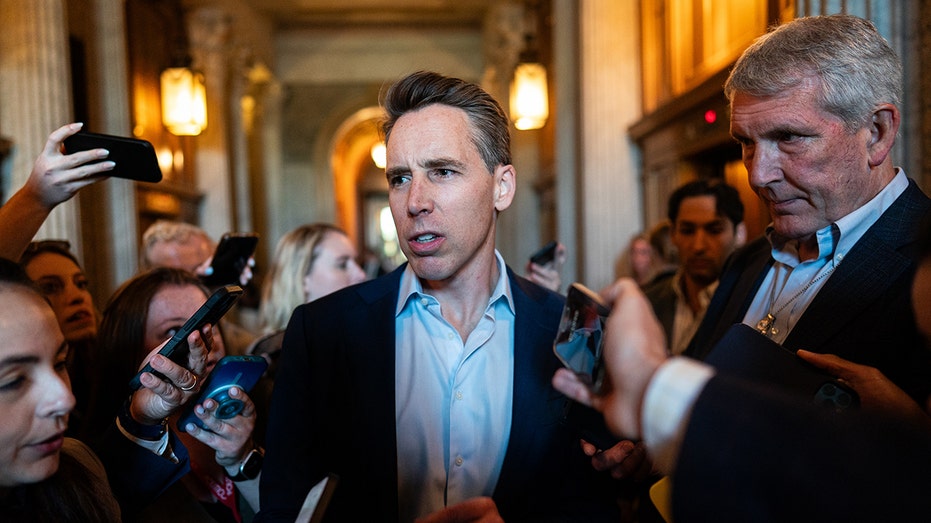Senator Hawley Clashes with UPenn Law Professor Over Judicial Injunctions Debate
Sen. Josh Hawley clashes with liberal law professor over recent surge in nationwide injunctions targeting Trump's executive orders.

Tempers flared in a Senate Judiciary subcommittee hearing on Tuesday as Senator Josh Hawley, Republican of Missouri, engaged in a sharp exchange with University of Pennsylvania law professor Kate Shaw over the skyrocketing use of nationwide judicial injunctions during the Trump administration. Hawley, presenting a vivid bar chart to the panel, asserted that nationwide injunctions — rarely used prior to the 1960s — saw an unprecedented surge when President Donald Trump took office, before plunging dramatically under President Joe Biden.
"Now, you don't think this is a little bit anomalous?" Hawley pressed Shaw, questioning whether the data reflected a pattern of judicial partisanship against Republican presidents. The hearing, provocatively titled "The Supposedly ‘Least Dangerous Branch’: District Judges v. Trump," highlighted the ongoing debate about the proper scope and power of federal courts in halting executive actions.
Professor Shaw, responding with measured skepticism toward Hawley’s assessment, offered a stinging counterpoint. "A very plausible explanation, senator, you have to consider is that [Trump] is engaged in much more lawless activity than other presidents. Right?" she said. Shaw also challenged Hawley's timeline, citing legal historians who argue that the first such injunctions appeared as early as 1913, not the 1960s — a period when, she noted, the federal government’s reach was far more limited than today.
The exchange grew more heated as Hawley accused Shaw, who previously worked in President Barack Obama’s White House Counsel’s Office, of shifting her stance on the legitimacy of nationwide injunctions depending on which party occupied the Oval Office. "So as long as it is a Democrat president in office, then we should have no nationwide injunctions? If it's a Republican president, then this is absolutely fine, warranted and called for? How can our system of law survive on those principles?" Hawley demanded.
Shaw maintained that unchecked presidential power posed a grave threat to democracy, but Hawley pressed her on perceived inconsistencies, particularly referencing her criticism of injunctions imposed on Biden-era policies. He noted Shaw’s description of a 2023 ruling by a Texas federal judge, who blocked the Biden administration's mifepristone rules, as "a travesty for the principles of democracy, notions of judicial impartiality and the rule of law."
"I understand you hate the president," Hawley charged. "You and I both know that's not a principle. You're a lawyer. What's the principle that divides when issuing a nationwide injunction is OK and when it is not? When the Biden administration was subject to nationwide injunctions, you said that they were travesties for the principle of democracy."
The senator argued that a consistent, nonpartisan standard was essential for the judiciary, warning, "Our system of government cannot survive if it's going to be politics all the way down." Shaw responded that democracy is "not as simple as majority rule," but Hawley insisted that her views had shifted with the White House administration: "When you get the majority you like, you’re for the nationwide injunction. When you don't, you're not."
This intense back-and-forth underscored the deep polarization not only over the pace and content of executive actions, but also over the role of the federal judiciary. As the debate continues, the issue of whether single district judges should be empowered to block actions of the executive branch on a nationwide scale remains a divisive question shaping the American legal and political landscape.




